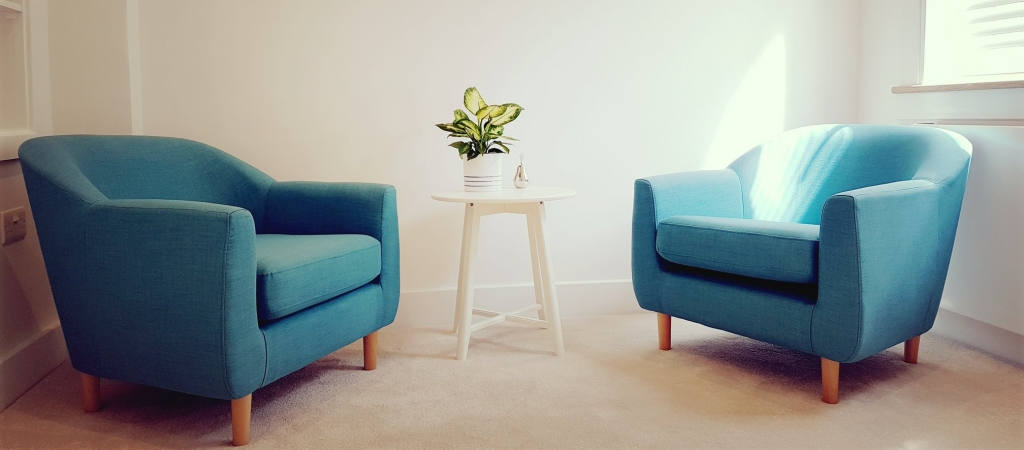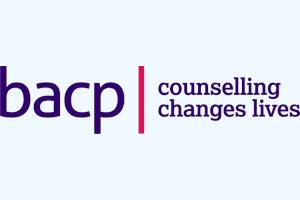
A romantic relationship is one of the closest forms of relationship that we, as humans, create and the nature of these initimate relationships means that they come with different and difficult problems from time to time. Here are a few which are quite common.
- lack of trust
- betrayal or affair
- jealousy
- lack of communication
- financial issues
- work-related stress
- different sexual needs or other sexual issues
- family conflicts
- different goals and values
- different parenting styles
- life changes
- trouble with commitment or taking on responsibilities
This is in no way a complete list and each couple has their own unique issues.
A couples counsellor is not a referee nor an arbitor and isn’t going to delare who is right or wrong in a dispute. The counsellor is not there to necessarily make everything better. The counsellors role is to help you as a couple to communicate; to ensure that each has the space to say what they want to say and that they are heard by their partner. The work is not necessarily about saving a relationship but about allowing the space for a couple to decide what they want; to remain a couple or not.
Sometimes we will work with each client separately to begin with so that the therapist can learn about each member of the couple and then work as a group.
We can summarise the aim of couples counselling as the counsellor helping you both to:
- see the impact of outside forces on your relationship, eg: family values, religion, lifestyle and culture
- understand how the past impacts on you and your behaviour now in the present
- communicate in a positive way
- undewrstand how it is that arguments sometimes escalate
- how to negotiate conflict and bring resolution where possible
You can start a conversation together with a counsellor or one may begin and the partner join later when they are ready. In Couples Counselling our client is you as the Couple and not one or other of the couple.

